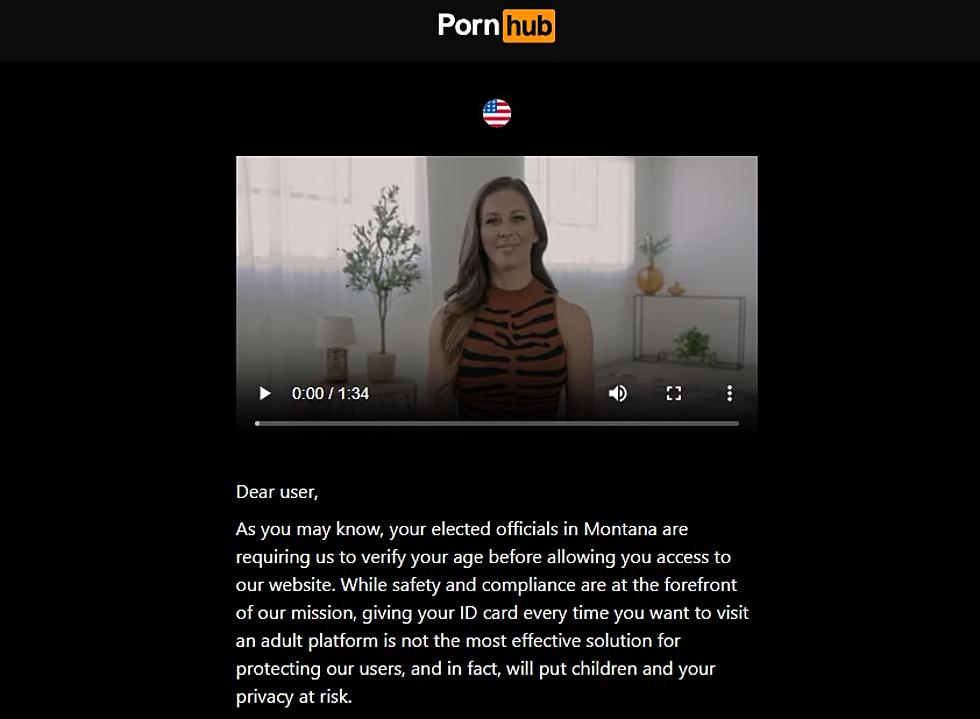
California inches toward age verification to view porn websites
SACRAMENTO, Calif. (CN) — The need to protect children from adult content bumped against First Amendment rights and privacy concerns in a Tuesday hearing of the California Assembly’s Judiciary Committee.
Ultimately, that committee passed Assembly Bill 3080, called the Parent's Accountability and Child Protection Act. It would require someone doing business in California who wants to make a pornographic website available publicly to verify the age of users.
It now moves to the Assembly floor.
Supporters and opponents of the bill — written by Assemblymember Juan Alanis, a Modesto Republican — agreed that children need protection from adult content. However, they differed in how that should occur and questioned whether it would withstand judicial scrutiny.
“This is a bill that is desperately needed,” said Joseph Kohm, with the Family Policy Alliance.
Current law already requires California businesses that sell adult products to ensure the buyer is of age. Alanis’ bill would expand that law to include pornographic websites.
Many children first see pornography between the ages of 7 and 13, Kohm said. It also can affect the brain in a manner similar to drugs.
Kohm urged the Judiciary Committee to support Alanis’ bill, which would prevent the exposure of youth to pornography through an age verification requirement.
Iain Corby, executive director of the Age Verification Providers Association, emphasized that online age verification is anonymous. He argued that if America can put a man on the moon, people can verify their age without identifying themselves.
That is done through third-party companies, Corby said. They could verify someone’s age by a real-time photo, an ID, or through their bank. Identities would remain anonymous and technology would ensure a minor isn’t, for example, using an adult’s picture to defeat the system.
Some concerns about the bill were rooted in the First Amendment. Greg Gonzalez, with the Foundation for Individual Rights and Expression, said the bill wouldn’t survive judicial review. Its supporters would have to prove no other method existed to achieve its stated goal that was less restrictive.
However, Gonzalez said, there are less restrictive methods of policing adult content. He suggested parents use filtering technology.
Alison Boden — executive director of the Free Speech Coalition, a trade association for the adult industry — called age verification impractical. She said that after Texas implemented a similar law in September, it saw website traffic to an overseas site grow by 55%.
“We need to protect children online,” Boden said, adding that the goal isn’t accomplished by pushing people to illegal content.
According to Boden, it’s cheap and easy for minors to create fake IDs that can fool age verification systems. Like Gonzalez, she advocated for parental controls.
A handful of people mentioned the Texas law at Tuesday’s committee hearing. During that hearing the U.S. Supreme Court declined to stop Texas from enforcing age verification on pornographic websites. Committee chair and Assemblymember Ash Kalra, a San Jose Democrat, announced the high court’s decision near the hearing’s end.
An appeal against that law remains ongoing.
Opponents of Alanis' legislation said in an analysis of the bill that people fear surveillance, identity theft and the possibility their online viewing habits will become known. Millions of Americans had their data compromised last year, despite proponents pointing to anonymity.
Some committee members expressed concern over that anonymity during the age verification process.
Assemblymember Bill Essayli — a Corona Republican and committee member — asked Colby if his company would comply with a subpoena. It would, Colby answered, leading Essayli to say that caused him concern over anonymity.
“I have very mixed feelings on this,” Essayli added.
Assemblymember Eloise Gómez Reyes, a Colton Democrat and committee member, called anonymity extremely important. She also noted the technical aspects surrounding the bill, saying the more she learned, the less she realized she knew.
The bill overwhelmingly passed the Judiciary Committee.
